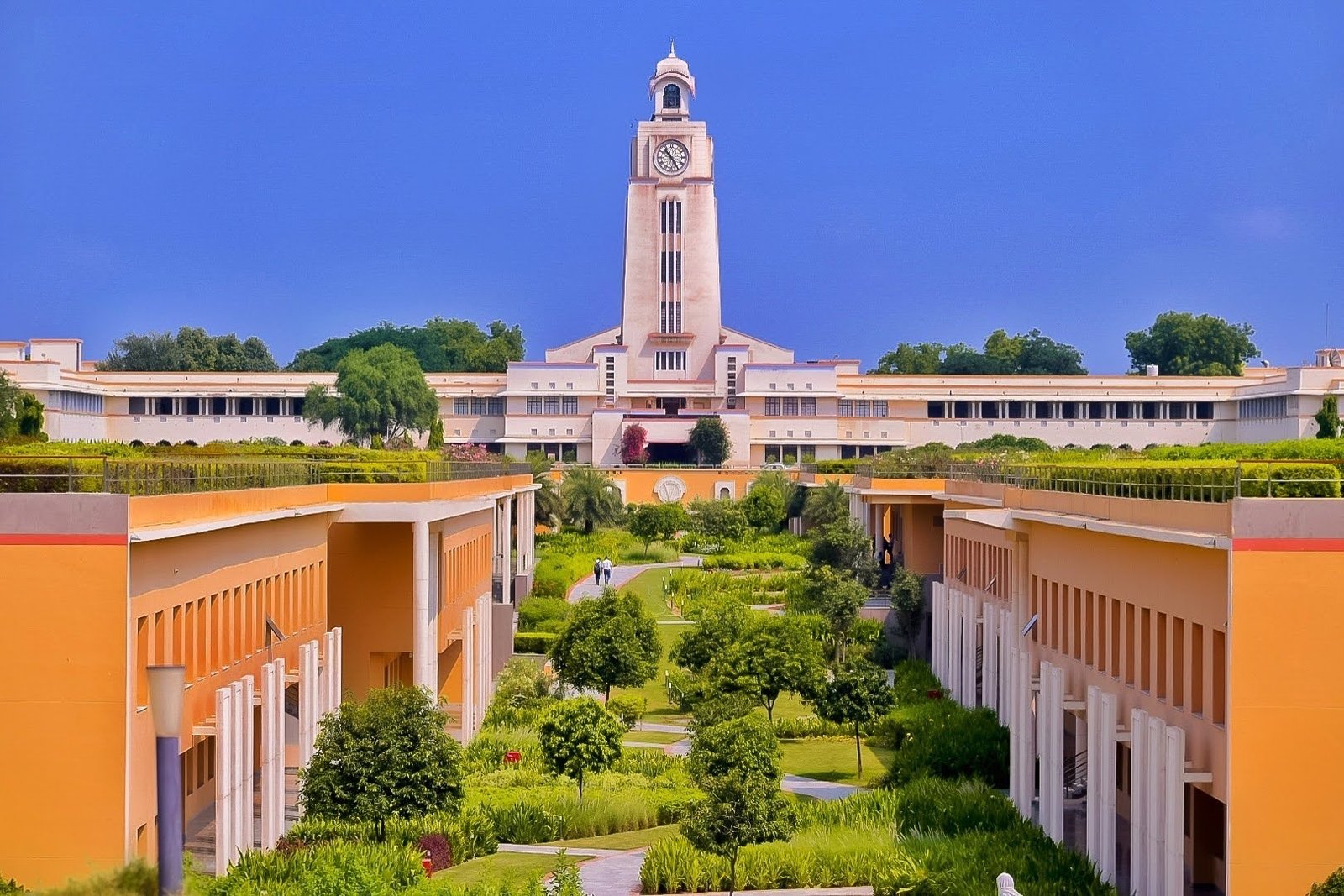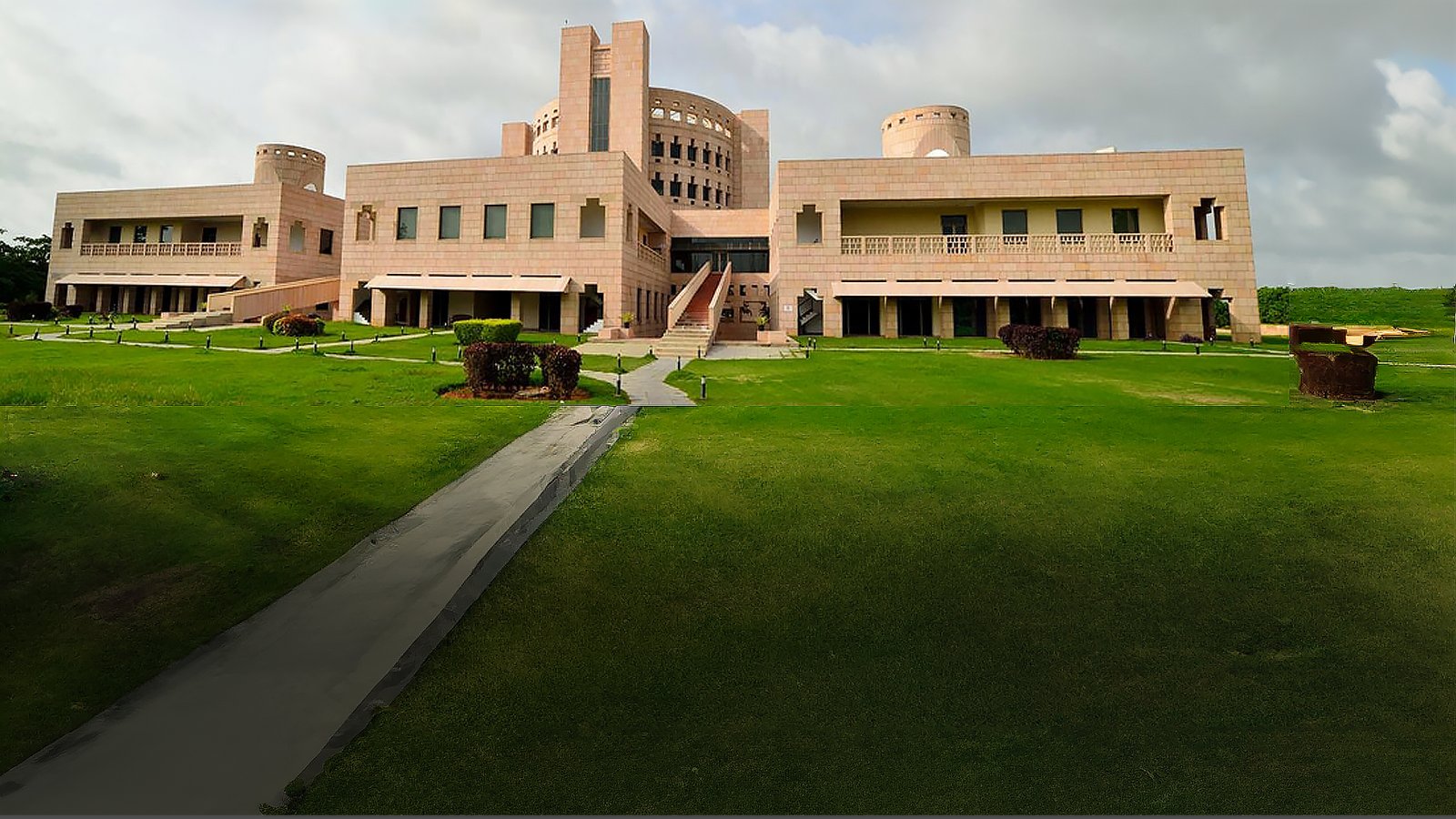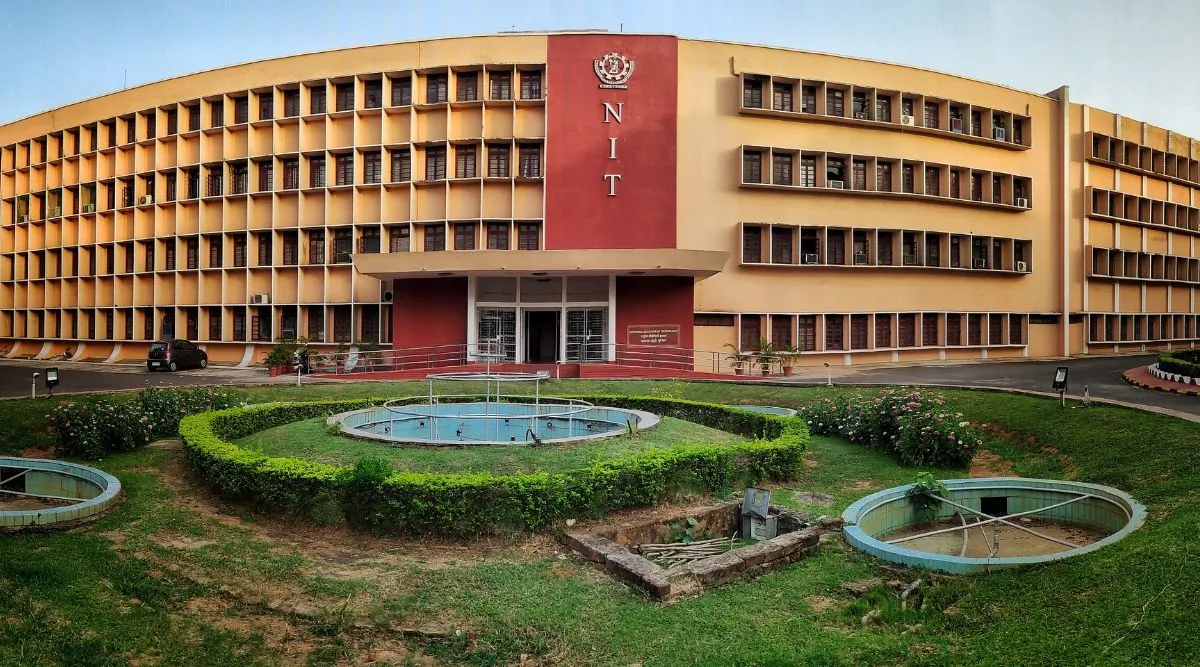Jawaharlal Nehru University (JNU) stands as a beacon of academic excellence in India. Founded in 1969, JNU was established with a vision to create an institution that would not only excel in teaching and research but also promote critical thinking and social awareness. The university has grown to become one of the premier institutions in the country, known for its strong emphasis on interdisciplinary studies, intellectual freedom, and a vibrant campus life.
The Vision and Founding
JNU was named after India’s first Prime Minister, Jawaharlal Nehru, whose vision of education was rooted in the ideals of critical inquiry, democratic values, and social justice. The university was established by an act of the Indian Parliament, with the aim of advancing knowledge through research and education in areas of particular relevance to the national development and the global community.
The initiative to establish JNU was led by the then Prime Minister Indira Gandhi, with the support of several visionary leaders and educationists. G. Parthasarathi, a close associate of Nehru, played a pivotal role in the university’s foundation. The planning commission and various academic committees laid the groundwork, ensuring that JNU would be a unique institution in terms of its academic structure, governance, and student engagement.
Academic Structure and Philosophy
JNU’s academic structure is designed to foster interdisciplinary studies and research. The university is organized into several schools and special centres, each focusing on a specific area of study. Some of the prominent schools include the School of International Studies, School of Social Sciences, School of Language, Literature and Culture Studies, School of Life Sciences, and School of Environmental Sciences.
The philosophy of education at JNU emphasizes critical thinking, debate, and intellectual freedom. Students are encouraged to question established norms and engage in rigorous academic discourse. This environment has produced some of the most influential thinkers, researchers, and policymakers in India and beyond.
Inclusivity and Social Justice
From its inception, JNU has been committed to inclusivity and social justice. The university has implemented affirmative action policies to ensure that students from diverse socio-economic backgrounds have access to higher education. This commitment to diversity is reflected in the university’s student body, which includes individuals from all over India and various parts of the world.
JNU also places a strong emphasis on gender equality and has been at the forefront of promoting women’s education and empowerment. The university has numerous initiatives and support systems to ensure that women can pursue their academic and professional goals without facing discrimination or bias.
Campus Life and Activism
JNU’s campus life is vibrant and dynamic, characterized by a strong culture of political activism and social engagement. The university is known for its student unions and various political organizations that actively participate in debates on national and international issues. This culture of activism has made JNU a hub for progressive movements and social change.
The university’s hostels, libraries, and cultural centres provide students with a stimulating environment to engage in academic and extracurricular activities. The annual cultural and literary festivals, seminars, and conferences attract scholars and students from all over the world, contributing to the intellectual and cultural vibrancy of the campus.
Research and Contributions
JNU has made significant contributions to research in various fields, including social sciences, humanities, sciences, and international studies. The university’s faculty and students have produced groundbreaking research that has influenced policy decisions and contributed to the advancement of knowledge.
The School of International Studies at JNU is renowned for its research on international relations, geopolitics, and global security. The School of Social Sciences has made notable contributions to the study of Indian society, economics, and development. The university’s special centres, such as the Centre for the Study of Law and Governance and the Centre for the Study of Social Exclusion and Inclusive Policy, focus on contemporary social issues and policy research.
Challenges and Controversies
Like any leading institution, JNU has faced its share of challenges and controversies. The university’s culture of activism and dissent has often put it at odds with the political establishment. Issues related to student protests, academic freedom, and governance have sparked debates and discussions both within and outside the campus.
Despite these challenges, JNU has remained steadfast in its commitment to academic excellence and social justice. The university’s leadership, faculty, and students continue to strive towards creating a more inclusive and equitable society through education and research.
Legacy and Future Prospects
JNU’s legacy as a centre for academic excellence and social change is unparalleled. The university has produced numerous notable alumni, including politicians, diplomats, academics, and activists, who have made significant contributions to society. As JNU continues to evolve, it remains committed to its founding principles of critical inquiry, inclusivity, and social justice.
The future prospects of JNU are bright, with plans to expand its academic programs, research initiatives, and international collaborations. The university aims to build on its strengths and address the emerging challenges of the 21st century, ensuring that it remains at the forefront of higher education in India and the world.
In conclusion, Jawaharlal Nehru University stands as a testament to the power of education in shaping a better future. Its journey from a visionary idea to a leading academic institution is a source of inspiration for all those who believe in the transformative potential of knowledge and learning.





